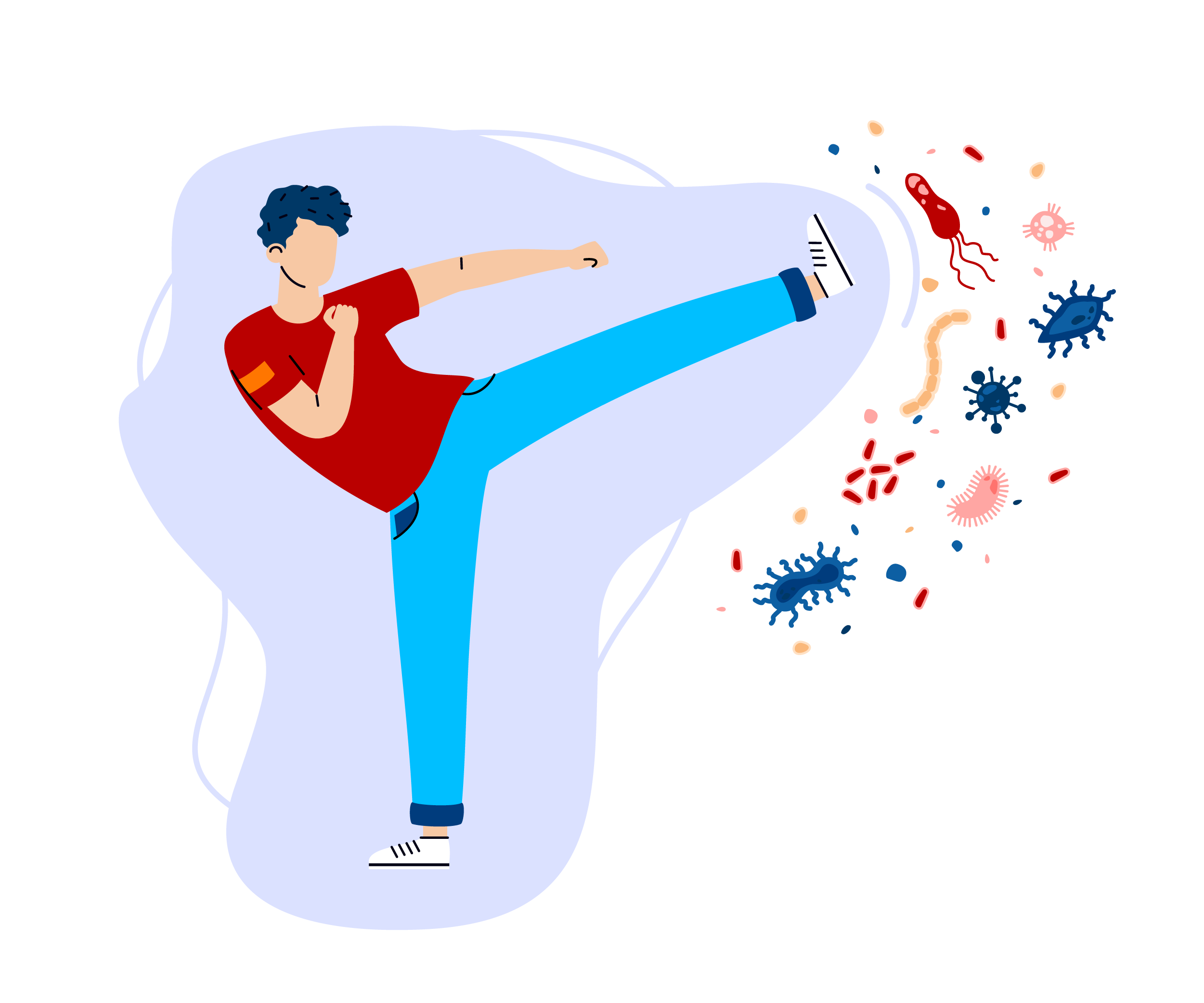
The benefits of a sober lifestyle become quite evident when one successfully completes a sober month such as ‘sober january’. You’ll feel different, both mentally and physically.
Even if you only drink alcohol occasionally or socially, your body and mind can still benefit from a sober month, where you commit to 30 days without alcohol.
This sober month gives your body a reset, a health boost, and helps you learn how to cope with difficult emotions or situations without alcohol.
Sober January, also known as ‘Dry January’, is a popular tradition for many people, because the ‘fresh start effect’ of the New Year provides that extra motivation we need to do something challenging.
It should be noted that if you think you have an addiction to alcohol, you should seek professional help. Substance abuse issues require long-term intervention, not just a sober month. If you think you have an unhealthy relationship with alcohol, tell your family about your problem and ask for help, look up your local resources available in your community for alcohol addiction, and utilize resources from Alcoholics Anonymous.
Before we get into some tips for completing Sober January successfully and with little challenge, let’s review some of the benefits of sobriety.
Why Try Sober January? The Benefits of a Sober Lifestyle
Some people who try Sober January end up committing to a sober lifestyle long-term, which is not surprising, given the health benefits.
Check out some of the benefits of an alcohol-free lifestyle below:
- Improved mood (remember that alcohol is a depressant)
- Healthier relationships
- Better brain health
- Healthier coping strategies learned and practiced
- Healthier weight and healthier skin
- You’ll save money
- Improved energy levels
- Higher productivity
- No hangovers
- Prevention of certain cancers and diseases
And much more.
For more information on why you should try cutting out alcohol, check out this article on the benefits of sobriety.
Tips For Your Sober January Journey
You might feel that you can do anything for 30 days, because 30 days is not that long .However, those who drink socially might be surprised at some of the challenges along the way.
Below are some tips that might help you stay committed to 30 days alcohol-free.
1. Seek Out Sober Friends
Everyone likely has at least one friend who abstains from alcohol. Especially in January, when many people are trying out the Sober January journey.
Your sober friends can not only be people you can enjoy sober activities with, but they can also act as an accountability buddy. The power of an accountability buddy is undeniable. You can check in with each other, spend time together since your goals are aligned, encourage and motivate each other.

2. Order a Mocktail
If you’re out at a restaurant, there’s no harm in ordering a Mocktail or faux cocktail. Mocktails are delicious to sip on, and they certainly taste like real cocktails, without the booze. Sipping on this non-alcoholic drink could also be the key to ensuring you don’t give in and order a real drink off the menu.
3. Find Sober Activities You Love
Not all activities mix well with alcohol. For example, hiking and alcohol don’t mix. You want to feel clear-headed as you take in the beautiful scenery and breathe in the fresh air. You don’t want to be impaired as you try to climb or hike, either. No, hiking is one of those extremely enjoyable activities that definitely doesn’t mix with alcohol, making it a fantastic sober activity.
Most outdoor activities are more enjoyable sober, so try to get outside more. Fresh air is great for your mental health. Similarly, sports are better played sober, too.
Other examples of activities you’ll find are much better without alcohol include going to the movies, going for a bike ride, going to a yoga class, redecorating your apartment, or taking an art class.
4. Journal About the Health Benefits You Notice
Journaling can keep you motivated along the way. Log your dry month and write about how much better it makes you feel. Journal about any health benefits you notice throughout this period of time you’re eliminating alcohol from your diet. This will keep you motivated to keep going. You can also journal about your ‘why’ to remember why you are wanting to commit to a Sober January, whether it’s as an experiment or for health reasons.

5. Avoid Temptation
During a sober month, you’ll want to avoid certain situations such as nightclubs, bars or any situations that are triggers. You’ll also want to avoid any situations you truly believe are more fun with alcohol. Avoid temptation by sticking to this plan, and also by ensuring there’s no alcohol in your home. Furthermore, you may need to avoid certain people if they are not respecting your boundaries and trying to tempt you to have a drink with them.
6. Work on a Passion Project
If you’re avoiding certain social scenes during Sober January because of the drinking culture, there’s no better time to start working on a passion project.
Perhaps you’ve always wanted to learn how to make your own jewelry so you can start an Etsy shop. Or perhaps you’ve always dreamed of writing a book, or learning photography. This could be the perfect time (with less distractions) to work on a passion project.
In general, alcohol consumption derails productivity. From those awful hangovers that make you want to stay in bed all day, to the act of impairing yourself so that you can’t focus on what you should be doing, passion projects and alcohol don’t mix. Use this sober time wisely, and work on a project that’s important to you.
7. Remember That You Don’t Owe Anyone an Explanation
While it’s wise to tell your close friends and family about your Sober January plan so that they don’t try to lead you astray, you don’t owe an explanation to everyone. When you’re with colleagues, friends or acquaintances who are not doing Sober January, or you’re the only one not ordering an alcoholic beverage somewhere, don’t ever feel like you need to offer an explanation.
Chances are, if you’re feeling judged by others, it’s all in your head. It’s completely normal to choose not to drink alcohol. This isn’t something that requires an explanation. In other words, you don’t need to defend your choice. You can confidently commit to sobriety without feeling the need to defend or explain.
8. Set Some Sub-Goals That Align With Your Sober Goals
Why not make January the most productive month of the year? Set some sub-goals that go well with a sober lifestyle, such as exercise and physical fitness goals. Perhaps you’ll start going to group fitness classes three times per week as one of your goals. Working on that passion project could be another sub-goal.
When all of your goals align and compliment each other, Sober January can feel incredibly empowering and rewarding.
Sober January: The Bottom Line
Sober January can reveal a lot of helpful information and health benefits. You’ll learn how to cope with difficult emotions or situations without alcohol, and realize the health benefits of eliminating alcohol. You’ll give your body the reset it needs, and you’ll feel great.
You might learn information such as a genetic sensitivity to alcohol. If you notice major changes in your skin health when you’re sober, or the way your body feels, you might discover that you have a genetic sensitivity to alcohol. Find this out, along with whether or not you’re genetically at risk for health conditions such as alcoholism, with a CircleDNA test.
Remember that if you reflect on your relationship with alcohol and how often you drink, and realize you might have a real dependency or addiction, Sober January is not enough – you need professional help. There is plenty of information out there on finding and getting help, from organizations such as NIAAA and AA, and your family can help you find local recovery centers.
Those who drink socially or occasionally, on the other hand, might find that Sober January teaches them enough benefits of sobriety to give up alcohol for health purposes, not bcause they necessarily ever had an addiction to alcohol. Some people might simply realize their life is better without alcohol. Others might realize they want to modify their drinking habits. Everyone’s dry month journey will be different, but it’s a great idea to try it.
References:
- Alcoholics Anonymous Organization: https://www.aa.org/what-is-aa
- Canadian Centre on Substance Use and Addiction: https://www.ccsa.ca/resources-alcohol
- Treatment for Alcohol Problems: Finding and Getting Help from the National Institute on Alcohol Abuse and Alcoholism (NIAAA) https://www.niaaa.nih.gov/publications/brochures-and-fact-sheets/treatment-alcohol-problems-finding-and-getting-help






